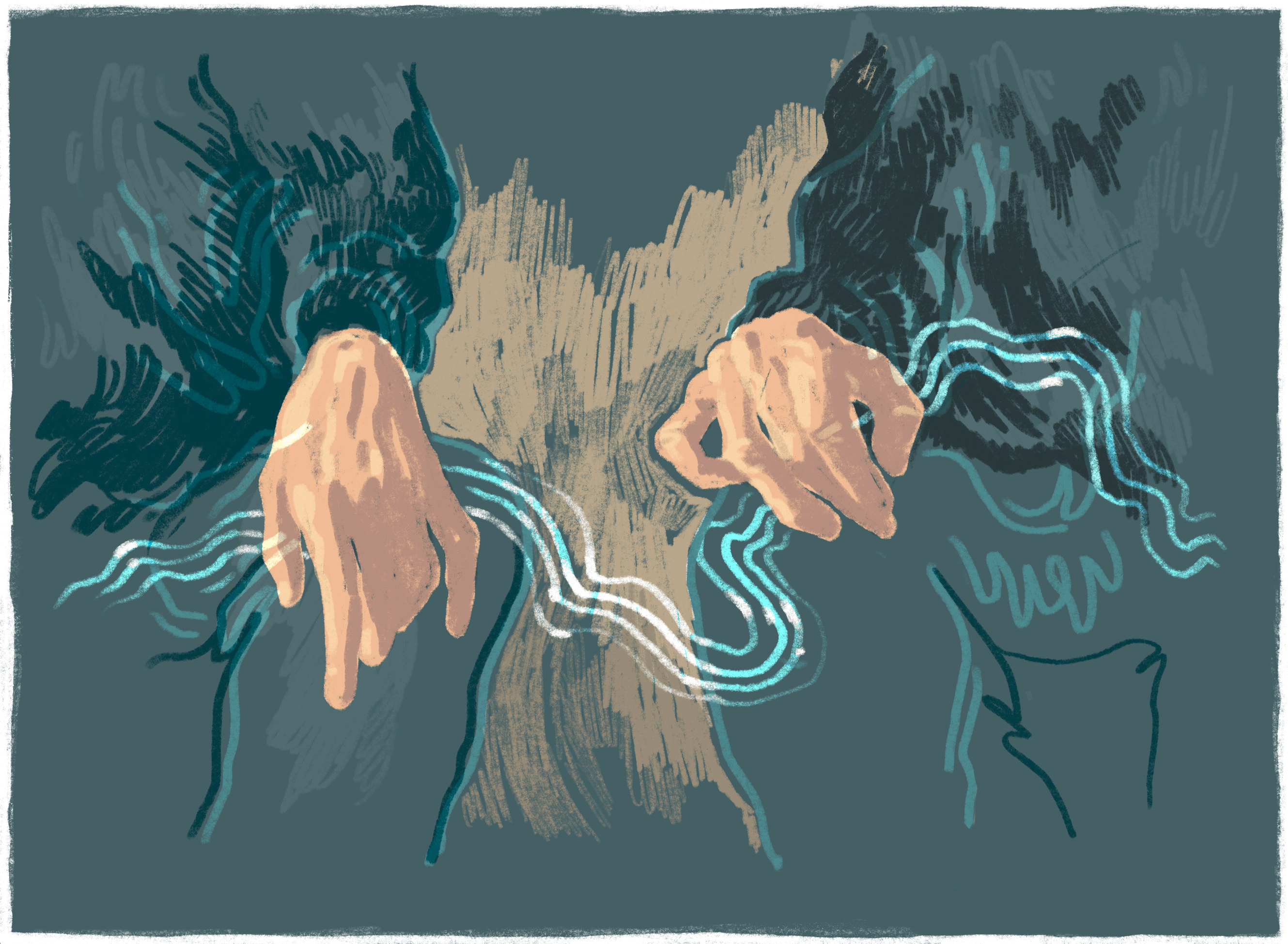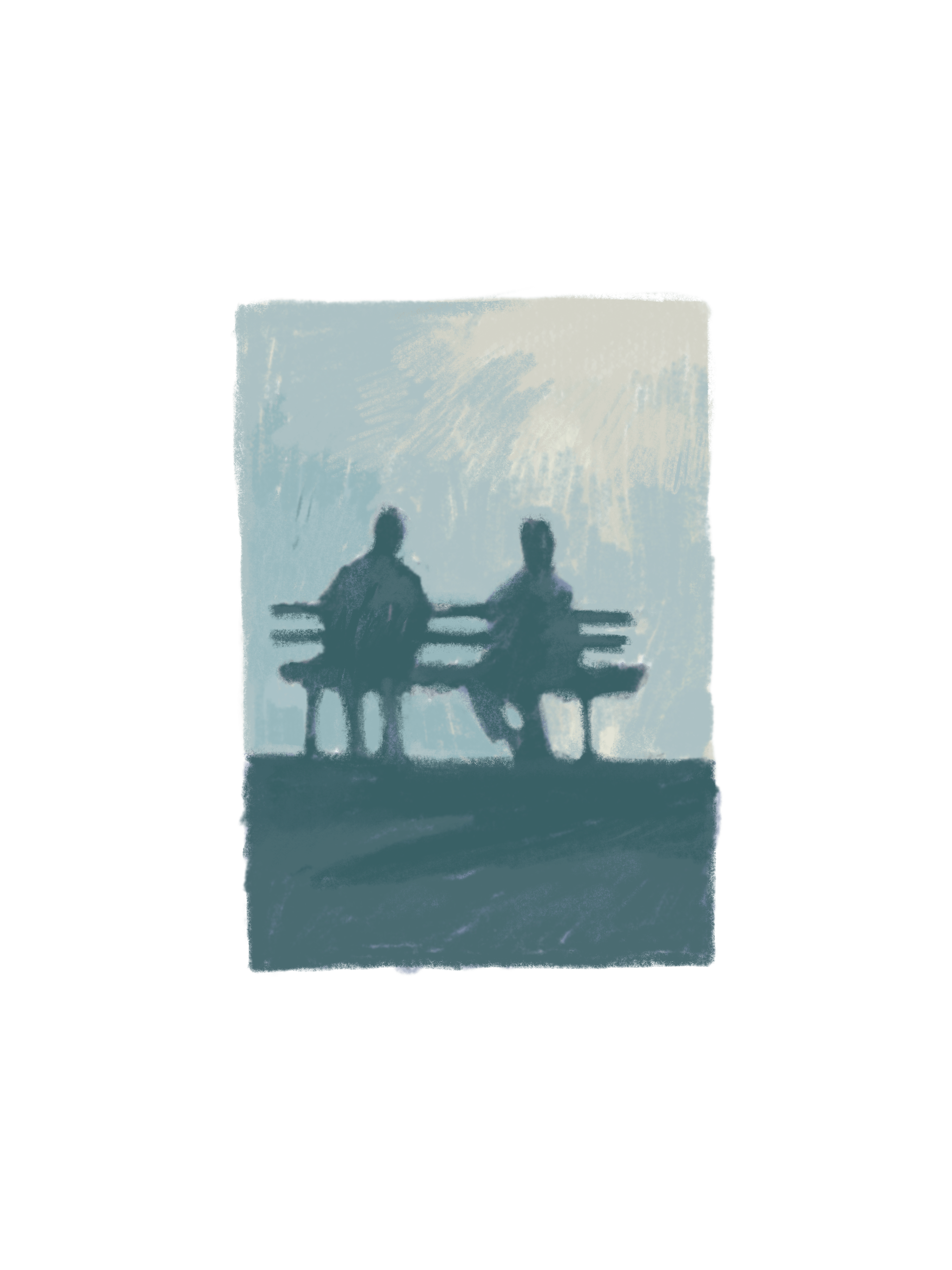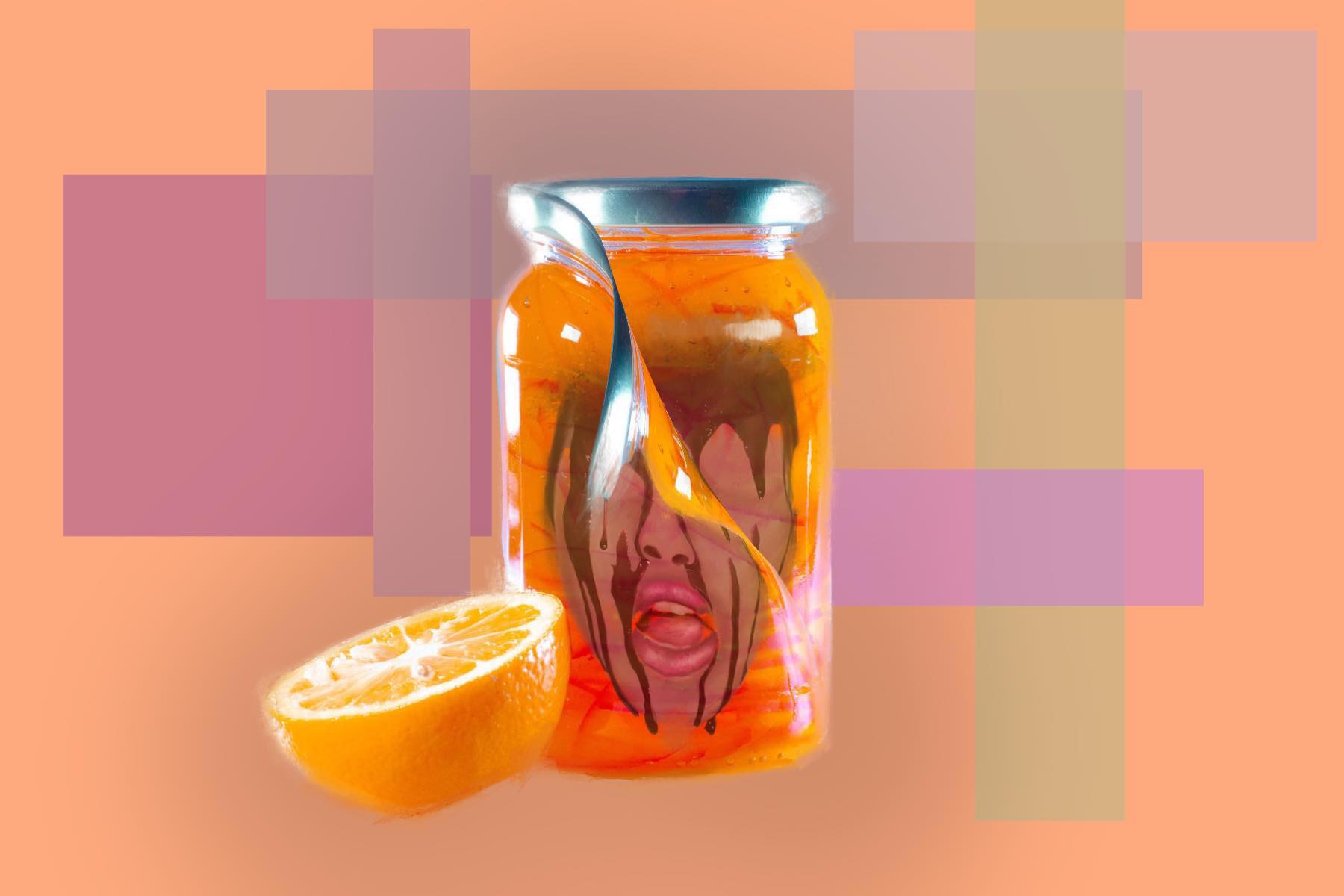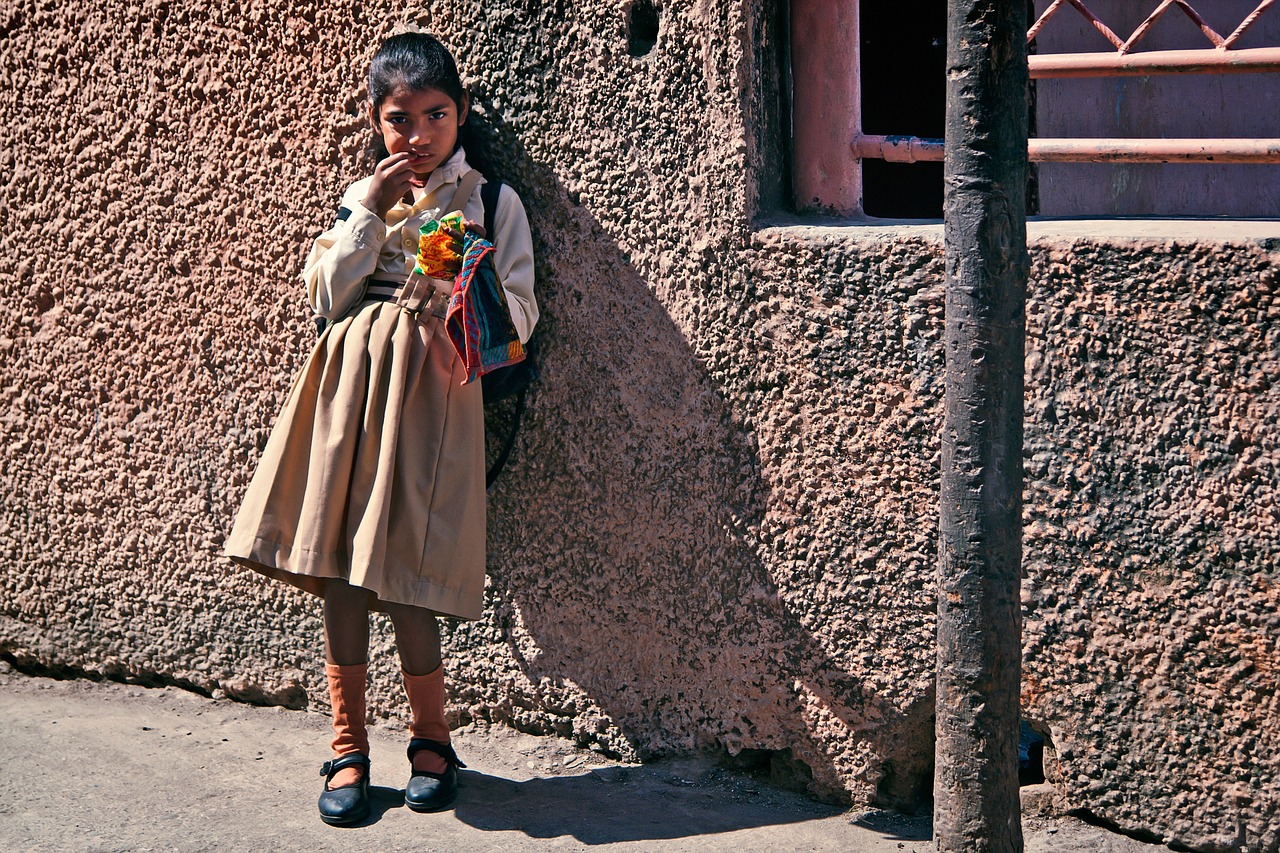
My Father, the Concert Pianist
The next time I spoke to my father, I was living in London. Months went by fast and slow. Days rustled alongside and fell to the ground. Sometimes I thought about what had happened with him. I didn’t regret what I said, didn’t wish for any form of reconciliation.
One afternoon, though, he told me he was coming down south. I suppose my memories must have faded over time because I don’t remember much, except that he had things he wanted to say and the conversation was best done in person. This appeared strange back then – I wasn’t used to him being so direct – but I didn’t think too much of it. We agreed to meet on a bench along the Thames. There was one long line of buildings on the opposite bank, but the hurriedness that I had come to associate with the city was far away. For the most part, we would be left alone.
I arrived a few minutes later than planned. In the grey light, leaves cast faint, moving shadows over the pavement. My father was already there. He must have heard my approach because, when I got closer, he stood up and embraced me.
“How have you been?” I asked. He frowned slightly.
“The same old. Nothing really of interest to you, I imagine.”
I sat down on the bench next to him. Then, after a few seconds, when neither of us had said anything, I glanced in his direction. His eyes were focused on the view. I sensed that he expected something from me but I didn’t quite know what. I looked out at the river for a few moments.
“Dad,” I said, “I’m sorry about –”
“Oh,” he replied. He waved his hand airily: “that – I think I know what you’re going to say – you can consider it forgotten. Besides, I think we’d both had rather too much to drink.”
The conversation moved on, and this brief reference was the only mention of those few months we had spent out of touch. It all became easier after that. We flowed into pleasantries, talked about things that had happened a long time ago.
The small talk must have carried on in this way for at least an hour until, quite suddenly, he stopped, becoming serious. He began to speak more quietly. It wasn’t a big change, but to one who knew him well, it was obvious.
He looked expectantly towards me.
“Do you remember that piece I used to play for you?”
That’s not what I had expected him to say. His face had become harder, like that of a man under interrogation. I looked down at my hands.
“Which one?” I said.
“You know the one.” He hummed a tune for me. I vaguely recognised it and nodded.
“I can’t play it very well anymore. I tried to the other day and, well –” He lifted up his hands, as if examining them. “I’ve lost my nerve. I keep making mistakes.”
“That piece in particular?”
“Not just that one. Others too.”
He wanted to say something else, but he was stalling. I looked down at the bench. Some of the paint was peeling, exposing rust underneath. I picked at it mindlessly.
“I liked that piece though.” He paused. “That’s why I mentioned it.”
“I know.”
“I always thought you hated it.”
“I liked hearing you play it. I didn’t like playing it myself.”
I leaned back slightly.
“We spent hours on it. Some of those bridges.” He stopped, as if imagining a piano. “There was just one part.”
“Which one?”
“Oh, I can’t remember now. But it frustrated me. You just used to give up on it.”
“No, well,” I said. “They weren’t always my favourite times.”

I’d spoken without thinking, but he grimaced. It was only then that I realised the direction in which our conversation, arrowlike, was headed. There was, I thought, a point of irresolution before us. I took a deep breath.
“Why can’t you play it?”
For a moment, I thought that he hadn’t heard me.
He winced slightly. “It’s my age, I think.” He sighed, then stopped. “I just can’t play like I used to. The movements feel so cramped. I don’t see the value in it anymore.”
We looked at each other for a moment. I turned away from him.
“Do you remember much from those mornings?” he asked.
“Hm?”
“When we used to play the piano.”
“Some of them.”
He nodded.
“I suppose it was a long time ago. Still, I remember them quite well. I used to put you on my lap and you would look down at the keys – focused – and press them singly, very heavily, one at a time. Your mother used to hate it.”
I glanced at him.
“That’s good,” he continued. He seemed to be talking to himself now. “Even if you only remember one morning, I think that’s enough. I hope you don’t think that too vain. But it does make a world of difference. I know it shouldn’t.” He paused, looked down. “Sorry. I know you don’t care about all this.”
“I do. It’s just been so long. I don’t remember much of it now.”
“No, no, I don’t want to bore you.”
He sighed, and I found myself entirely without response. I hadn’t thought about those moments in a long time. All I could recall was the faint sense of an environment: floating notes of music, half-heard from a distance. They were vague, without any sense of definition. I suppose I must have appeared quite taken aback.
He looked across at me, holding my gaze for a moment. I thought, just then, that there was something weighing on his mind, something he wanted to say. But he seemed to relax again, as though nothing had happened and just shook his head. Sometimes, in idle moments, I find myself wondering what that could have meant. For a while longer, he didn’t speak. I looked back out at the river. ∎
Words by Sam Wallbank. Art by Poppy Williams.







